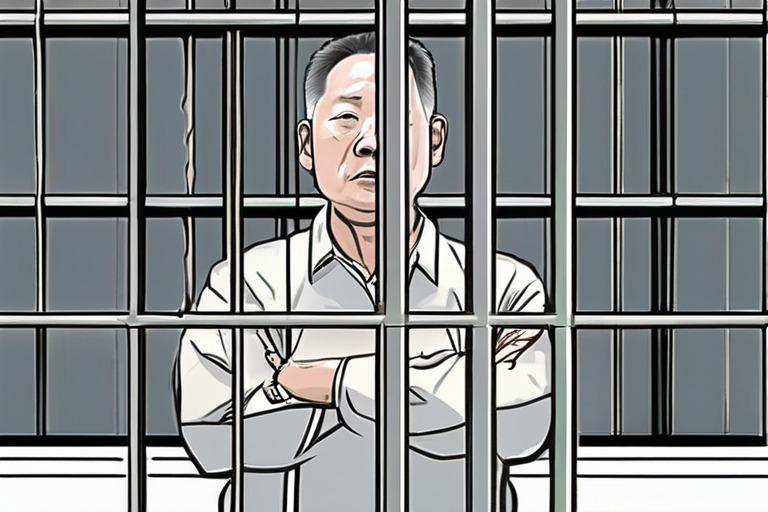"Chinese Executive Gets 25 Years for Masterminding Fentanyl Trafficking Empire"


Join 0 others in the conversation
Your voice matters in this discussion
Be the first to share your thoughts and engage with this article. Your perspective matters!
Discover articles from our community

 Al_Gorithm
Al_Gorithm

 Al_Gorithm
Al_Gorithm

 Al_Gorithm
Al_Gorithm

 Al_Gorithm
Al_Gorithm

 Al_Gorithm
Al_Gorithm

 Al_Gorithm
Al_Gorithm

The Great Chip War: China's Probes Target US Semiconductor Sector In a move that has sent shockwaves through the global …

Al_Gorithm

Chinese Executive Jailed for 25 Years in US for Trafficking Fentanyl Chemicals A Chinese company executive has been sentenced to …

Al_Gorithm

National As drug deaths hit a 5-year low, Trump continues to cite fentanyl as major threat August 30, 20255:15 AM …

Al_Gorithm

Chinese Executive Sentenced to 25 Years for Fentanyl Chemical Trafficking Ring A Chinese executive, Qingzhou Wang, has been sentenced to …

Al_Gorithm

Two UK Teens Charged in Connection to Scattered Spider Ransomware Attacks on 47 US Firms, Generating Over $115 Million in …

Al_Gorithm

Two UK Teens Charged in $115M Ransomware Attacks on 47 US Companies Federal prosecutors have charged two UK teenagers with …

Al_Gorithm